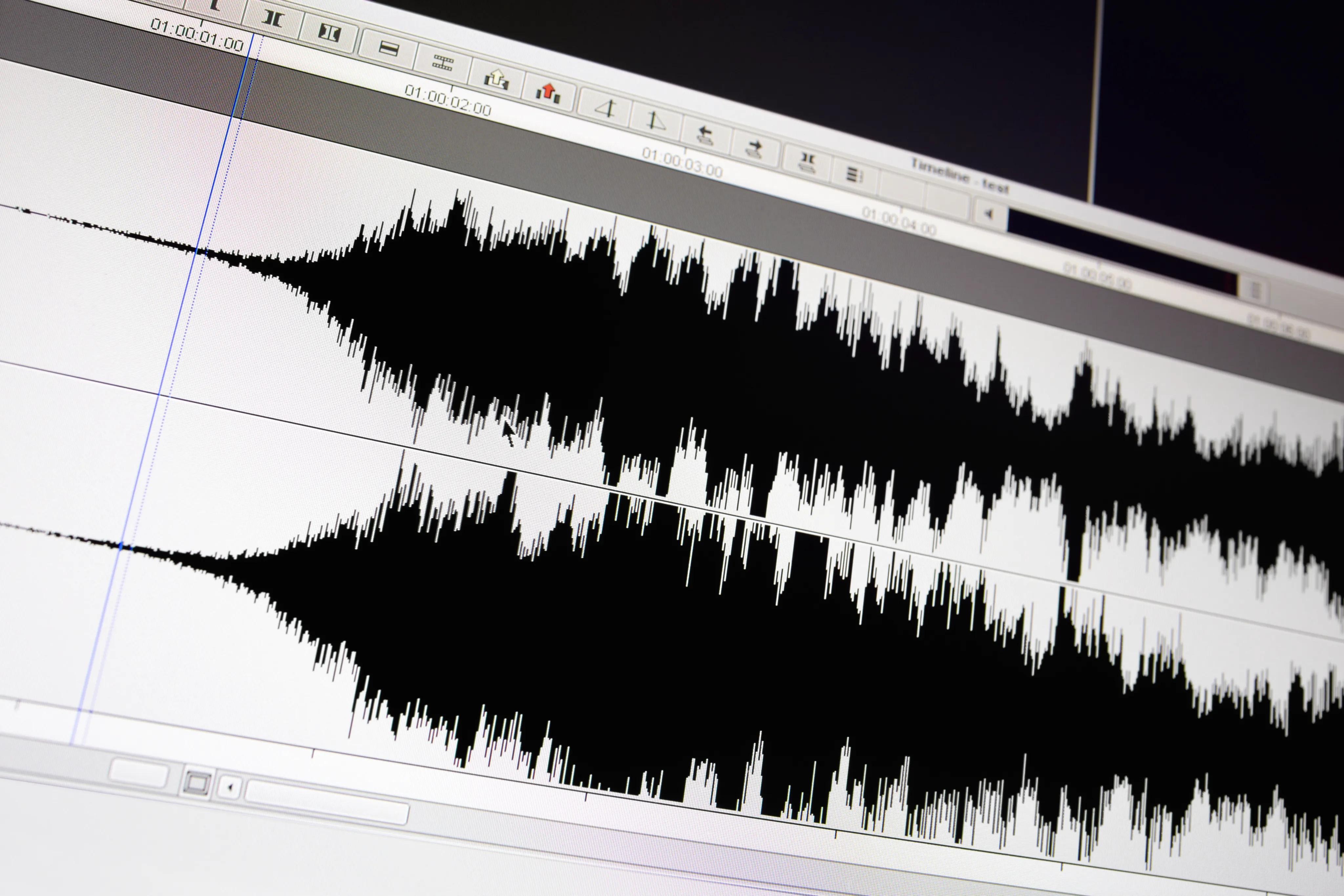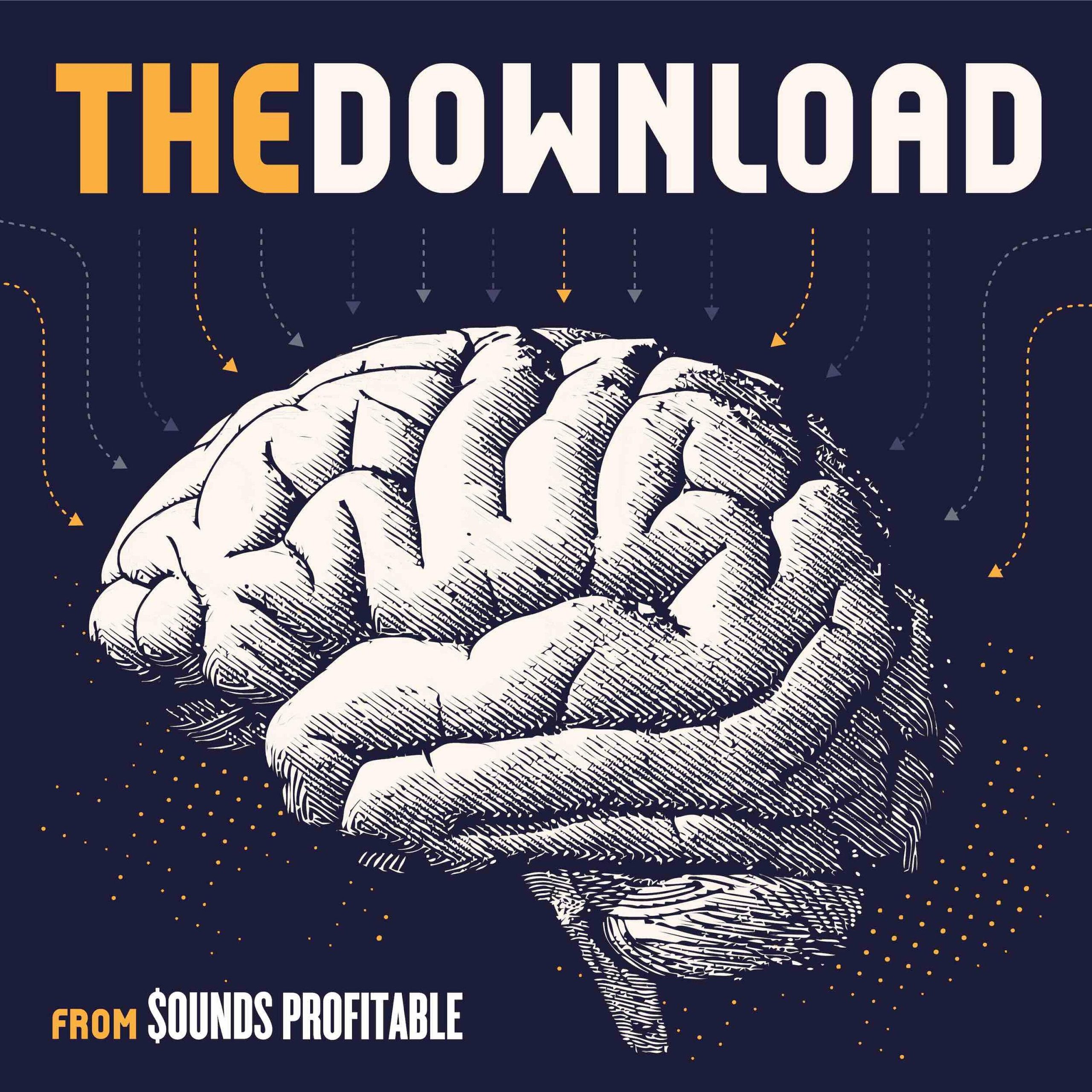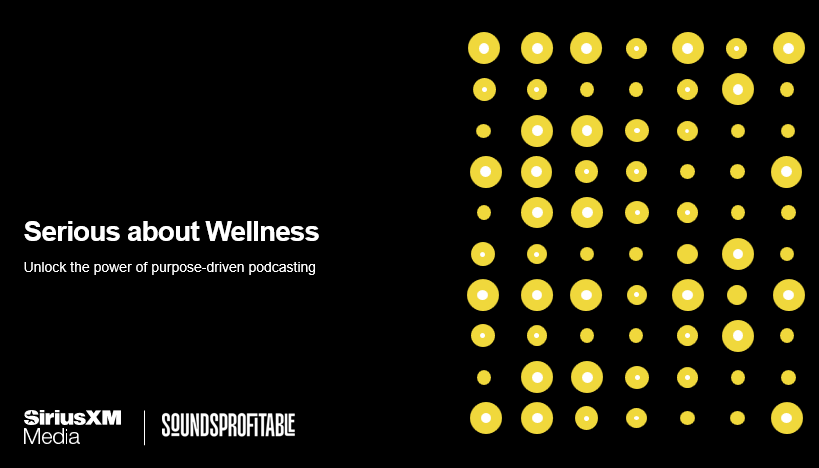This week: ESPN to potentially partner with DraftKings, Podcasting unions make headlines, Netflix confirms two independent measurement companies, advertisers reflect on 2023 spend, and two new podcasting hosts arrive in the US.
ESPN Nears Large New Partnership With DraftKings
Manuela: Last Thursday Ed Hammond and Crystal Tse of Bloomberg covered an anticipated deal between ESPN and sports-betting firm DraftKings. According to an update to the piece, DraftKings’ stock rose as much as 8.8% in response to the news on Friday.
“ESPN has already invested heavily in sports gambling, though it has steered clear of taking actual bets. The broadcaster has betting-related shows such as Daily Wager and marketing deals with DraftKings and Caesars Entertainment Inc. where links to the sportsbooks are integrated into ESPN’s website. Disney also acquired a stake in DraftKings as part of its acquisition of Fox’s entertainment assets in 2019.”
Disney has long avoided gambling in pursuit of upholding its wholesome family image. As Bloomberg points out, none of the Disney cruise ship fleet have casinos aboard, nor are Disney characters licensed to slot machine manufacturers. Clearly, their attitudes appear to be changing as they search for a sports betting partner for ESPN.
Sean Russo, Research Manager of Magellan AI, offered this when asked about the growth of sports betting and adjacent categories:
“As of August, the Fantasy Sports industry is up 22% year to date, although historically spending in the industry has peaked in September. Last year spend more than doubled between August and September, primarily driven by brands like Fanduel and DraftKings”
ESPN is a major podcast network and sports betting, as well as its cousins like fantasy sports, continue to climb in popularity. If this deal comes to fruition, it could be a big deal indeed.
Podcasting gains new union, hears from two recently affected by Spotify layoffs.
Shreya: In this first segment we have two stories fitting in a theme of organized labor in podcasting. Last Tuesday, Audacy’s Pineapple Street Studios announced last Tuesday that roughly 75% of their proposed bargaining unit signed up to officially join WGA East. Ashley Carman reported for Bloomberg:
“The employees said they’re looking for increased transparency around pay, rights to their intellectual property, protection against favoritism at work and improved health insurance, according to the letter.”
Later in the week, the utility of unionizing was highlighted when Spotify pruned their walled garden. Last Thursday Tech Crunch’s Lauren Forristal reported on Spotify canceling multiple shows at once from two of the four Spotify in-house content production companies. Three podcasts from Gimlet and eight from Parcast are either canceled effective immediately or set – in the case of Horoscope Today – scheduled to end in the second quarter of 2023.
Spotify also announced this would cause “less than 5% of layoffs of Spotify’s podcast staff.”
Last Friday both the Gimlet Union and Parcast Union took issue with that number in an official letter posted to Twitter.
“Yesterday, Spotify blindsided both Gimlet Union and Parcast Union with at least 38 layoffs across their studios. Spotify has said in the press that these layoffs constitute less than 5% of people working on original podcasts. That number is misleading. The reality is that each bargaining unit organized with the Writers Guild of America, East has lost about 30% of its members. These are not small cuts, they are massive restructurings.”
The two unions go on to highlight Spotify’s internal reasoning for canceling the podcasts was due to low listenership, which the unions argue was in large part due to decisions made by Spotify itself.
“Their decision to make most of Gimlet’s and Parcast’s shows Spotify Exclusive caused a steep drop in listeners – as high as three quarters of the audience for some shows. Yet the company did little or nothing to staunch the bleeding. Shows languished without marketing support, and teams were not given clear audience goals to meet.”
Netflix strikes measurement deals ahead of new ad-supported tier
Manuela: On Monday Garett Sloane, writing for AdAge, reported on some updates to the ongoing story of Netflix prepping for the launch of their ad-supported tier. As covered in the September 8th episode of The Download, details were scarce about the tier beyond its possible price point and the streamer’s CPM goals.
“… Netflix has been asking for high prices for its ad inventory, at least $60 CPMs—cost per thousand views—while only offering limited targeting possibilities and no third-party measurement, according to people familiar with the situation.”
Now Netflix has announced they’re working with both Integral Ad Science and DoubleVerify to act as that third-party measurement. A measurement executive speaking to Sloane anonymously believes implementation of the two services should be relatively easy for Netflix.
Netflix signing two big-name third-party companies to give credence to their measurement stands as another example of why a certain podcasting platform’s decisions come off as odd. Spotify, when in a similar position of needing brand safety and ad measurement as Netflix, chose to not only work with one third-party company, they strongly inferred the partnership intended to create a proprietary brand safety tool.
Surveyed advertisers discuss where they’ll potentially spend differently in an uncertain 2023.
Shreya: Much talk has been had about the uncertainties of how things will look in the future as the economy has a will-they-won’t-they relationship with a recession. This Wednesday MarketingBrew’s Ryan Barwick brought some numbers to the table that demonstrate just how uncertain the industry is. The following numbers are the result of a survey of 43 advertisers run by the World Federation of Advertisers and their media research company Ebiquity. 41% expect to keep their 2022 budgets, though as Barwick says in the article:
“29% said they expect a decrease in their budget. The remaining 29% said they expect to see an increase.”
While 43 might seem like a small sample size for a survey, it’s worth noting those companies account for $44 billion in ad spend. 28% said they’d increase performance advertising, while 21% aim to increase their share of brand advertising. 40% of respondents would up their share of flexible or biddable buys.
“With uncertain times ahead, it’s clear that brand advertisers seek more tactical agility in terms of trading and shifting budgets throughout the year, versus annual upfront commitments,” Ruben Schreurs, chief product officer at Ebiquity, wrote to Marketing Brew.”
New Podcast Hosts Cross the Atlantic
Manuela: Two new podcast hosting services have hit the US markets this week. First: podcast recording and editing application Alitu has announced Alitu Hosting, making the service all-in-one. According to Jacob Anderson, head of Growth at Alitu:
“We started building Alitu four years ago with one mission in mind: to offer the clearest path to sharing your voice and making an impact on the world, making no compromise over control and creativity. Whether that’s making one person laugh, or lifting an entire community, we want to offer the help you need to achieve your purpose.”
This Tuesday French hosting service Ausha announced the rolling out of their service in the US on their official blog.
Quick Hits: Recommended Weekend Reading
Shreya: Finally, it’s time for our semi-regular roundup of articles we’re calling Quick Hits. These are articles that didn’t quite make the cut for today’s episode, but are still worth including in your weekend reading. This week:
Platforms used for listening to podcasts in Poland in 2022 by Statista. We make a point of discussing podcasting performance around the globe. With that in mind, here’s a snapshot of data showcasing what podcast consumption looks like in Poland.
Acast Talks Layoffs, It’s U.S. Moves, The Ad Market, And Why It’s Selling ‘The Heart.’ by InsideRadio. Coverage of Acast’s recent earnings call, including higher-ups talking through their strategies, layoffs, and revealing Acast only sold 28% of their ad inventory in 2021. In the interest of clarity, it’s worth keeping in mind InsideRadio is owned by competitor iHeartMedia.


 "
"



